When we grow up, parents will often warn us not to wear out our welcome. It is a good lesson to learn. And everyone will have experienced getting completely and utterly sick of something or someone at some point in their lives. It happens. Even the best songs can turn ugly if played for five hours straight on repeat. Sometimes, enough is enough… it’s time to move on… find something new.
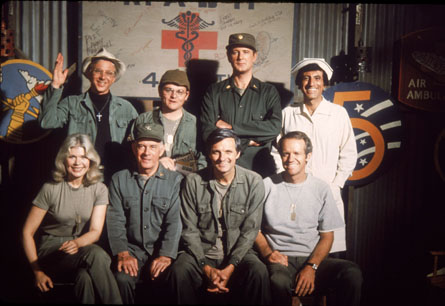 I love television – it provides a medium to tell a great extended story, where you can really get invested in characters that could be with you for years. However, this also poses a bit of a problem to the writers and producers of great shows. How do you keep the storylines fresh and interesting for so long? Well, I don’t think many have managed to find an answer to this, as most shows seriously decline after the first few seasons.
I love television – it provides a medium to tell a great extended story, where you can really get invested in characters that could be with you for years. However, this also poses a bit of a problem to the writers and producers of great shows. How do you keep the storylines fresh and interesting for so long? Well, I don’t think many have managed to find an answer to this, as most shows seriously decline after the first few seasons.
The steady decline of good content is a sad business. I am a massively obsessive fangirl, I’m the first to admit it. I managed to watch all seven seasons of Buffy in three weeks when I first discovered the show while at University (yes, I was late to the party). When I get into something (a fictional world, a musician, a kind of food), it is all I want. I won’t enjoy anything else while the obsession is so strong. But even with such crazed devotion, I am able to see when something jumps the shark. And too often my favourite television shows plummet long before they give up.
When will they learn to quite while they’re ahead? I’d much rather finish my favourite shows on a high note, rather than trying to sit through an awful episode of television reminding myself that I loved this show once. Here I identify a number of problems television shows encounter when they try to have long runs. Warning: there are a few spoilers, but most of these you should know (either the show is old or you should be keeping up with your favourite shows anyway).
The nature of sitcoms: don’t fight it… embrace shorter runs
Sitcoms are not shows to display growth, so make them short and sweet
The very nature of the sitcom genre is to be circular. It’s what makes it great. You know that no matter what trouble the characters get themselves into during the course of the episode, everything will eventually work out all right. The problem with this is – there are only a limited number of stories you can tell with the same situation, characters, etc. At some point, the set up for your sitcom will run its course, but will you recognize the end when you see it?
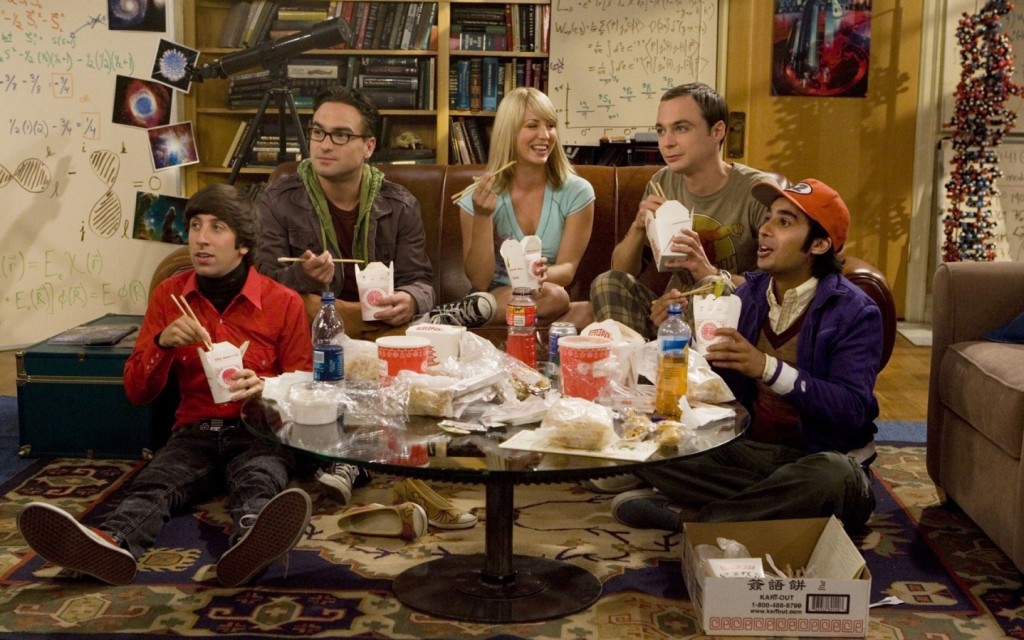 Recently, I’ve been getting incredibly frustrated with sitcoms that I have once enjoyed becoming almost unwatchable. At one point in time, I loved The Big Bang Theory, How I Met Your Mother, and Modern Family, but these days it seems that the writers have nothing new or interesting to say (or if they do, the direction they’re taking isn’t something I enjoy). You can read my thoughts on The Big Bang Theory’s shark jumping here. Meanwhile, How I Met Your Mother just isn’t funny anymore and the mockumetary-style Modern Family seems to be reusing jokes and getting a little tired.
Recently, I’ve been getting incredibly frustrated with sitcoms that I have once enjoyed becoming almost unwatchable. At one point in time, I loved The Big Bang Theory, How I Met Your Mother, and Modern Family, but these days it seems that the writers have nothing new or interesting to say (or if they do, the direction they’re taking isn’t something I enjoy). You can read my thoughts on The Big Bang Theory’s shark jumping here. Meanwhile, How I Met Your Mother just isn’t funny anymore and the mockumetary-style Modern Family seems to be reusing jokes and getting a little tired.
Very, very few sitcoms manage to keep the spark alive for as long as they are running on television. One of the few that I think was really successful was Tina Fey’s brilliant 30 Rock. Even then, however, the final seasons are nowhere near as funny as the first few. But to take them separately, they are still far better than most seasons of any sitcom of recent years.
Sexual tension: Give them blue balls
When the main characters finally get together shows lose their bang
Sexual tension is a very common theme present in television shows. Who doesn’t love a good sexually tense story? The problem with building shows around a relationship of this kind is that eventually the audience is going to want to see it work out. But once the couple has got together, what then? Where is the story going to come from? Sure, there are plenty of great stories to be had out of relationship dynamics, but if the show was built on the premise of the couple not being together, the shift in tone can make or break a long running series.
What is the answer? You could take the Friends approach and have the couple in question do an infuriating on-again, off-again relationship through season after season. I admit that I stopped watching Friends after the third season, but if I had bothered to keep going with it, I would have been thoroughly over the Ross-Rachel situation. The Big Bang Theory has attempted something similar with Penny and Leonard, to similar effect. New Girl was once brilliant. Only three seasons in, however, Nick and Jess are together and the bite has gone. Maybe they can bring it back, but I’m not holding my breath.
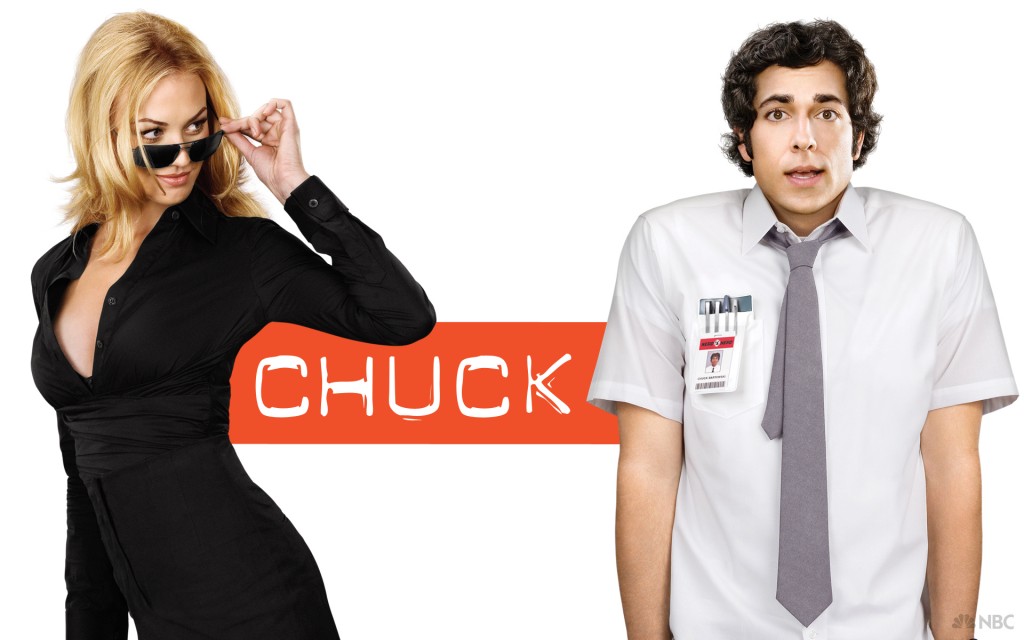 This is not something that is limited to sitcoms, however. Take Chuck, for instance. The first few seasons of Chuck were great. Fun, funny, and full on tension. Then Chuck and Sarah got together, Chuck managed to become a legitimate spy, and the whole thing fell to bits. It wasn’t funny anymore and I just stopped giving a damn. In Castle, I admit that I preferred it when Castle was chasing Beckett, but given that it is first and foremost a crime procedural, I don’t think it has done too much damage to the show as a whole.
This is not something that is limited to sitcoms, however. Take Chuck, for instance. The first few seasons of Chuck were great. Fun, funny, and full on tension. Then Chuck and Sarah got together, Chuck managed to become a legitimate spy, and the whole thing fell to bits. It wasn’t funny anymore and I just stopped giving a damn. In Castle, I admit that I preferred it when Castle was chasing Beckett, but given that it is first and foremost a crime procedural, I don’t think it has done too much damage to the show as a whole.
One way to deal with the sexual tension issue is to bring in ‘new blood’. Certainly this is something that the more soap-operatic shows do. But even shows like Veronica Mars tried this. There was only so much mileage they could make out of the Veronica-Logan-Duncan love triangle. So they got rid of Duncan and introduced Piz. The ‘new blood’ thing doesn’t always work. Devoted fans might hate the new characters – it is always hard coming into something with an established fan base. Few shows/writers/actors do it really well.
I think one of the shows to do it best was Buffy the Vampire Slayer (apologies to non-Buffy fans who get tired of me referencing the show as an example of everything great – but come on, really, it was a truly brilliant show). It introduced a number of characters later on that became just as loved as the original core group. Anya, Tara, and Spike, for instance, were not in the first season. Spike was the first to be introduced – he was only meant to last for one season but was such a big hit with the fans and the writers that they couldn’t help but bring him back. Anya had a similar bad to good transition in the third season. Tara was probably the cruelest joke from Joss Whedon – finally including her in the opening credits only to (*SPOILER ALERT*) kill her off that very episode.
What would Jane Eyre be without Jane Eyre?
When main characters leave but the show carries on
There is another big problem TV shows face: when one of the main actors leaves the show. Then what to do? Write the character out or replace the actor? Soaps tend to replace the actor, but popular network shows tend to write the character out. And it never works. Or at least, I don’t know any shows that managed it well (except perhaps M*A*S*H when Radar left, but then they brought him back, cause let’s face it, Radar was the best).
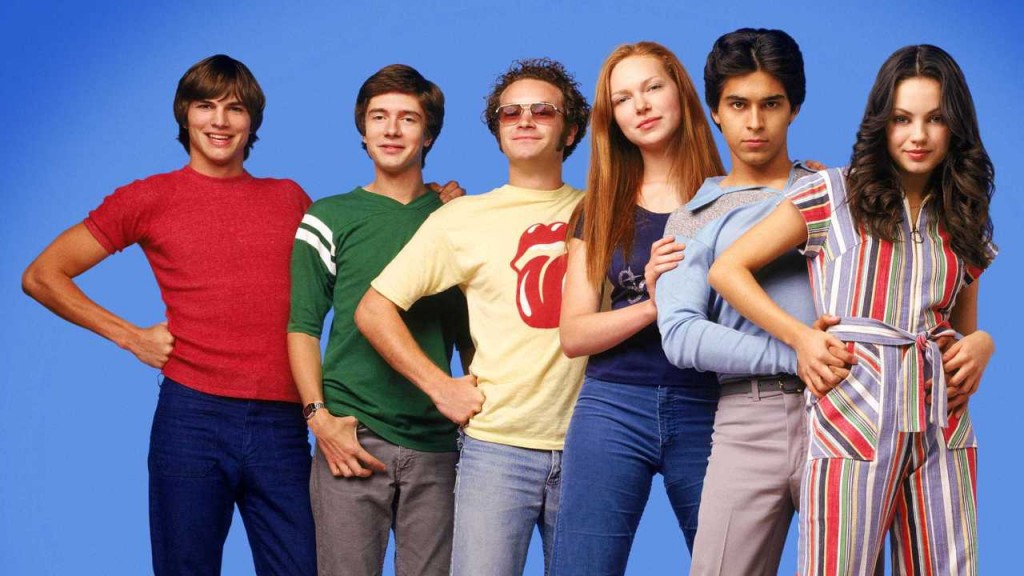 Let’s take Scrubs as an excellent example of this. The show was about JD. Sure, it was a great ensemble cast, but even the episodes were named ‘My…’ from JD’s perspective. So when JD decided to leave, why oh why didn’t they just kill the show?! It had been going down hill for a long time… if Zach Braff could recognize the dog had had it’s day, why couldn’t the show’s producers? Similarly, when Eric left That 70’s Show, what was the point in continuing? He was the heart and soul of the show. Yeah, sure, he wasn’t the most interesting character, but the central characters in TV shows rarely are.
Let’s take Scrubs as an excellent example of this. The show was about JD. Sure, it was a great ensemble cast, but even the episodes were named ‘My…’ from JD’s perspective. So when JD decided to leave, why oh why didn’t they just kill the show?! It had been going down hill for a long time… if Zach Braff could recognize the dog had had it’s day, why couldn’t the show’s producers? Similarly, when Eric left That 70’s Show, what was the point in continuing? He was the heart and soul of the show. Yeah, sure, he wasn’t the most interesting character, but the central characters in TV shows rarely are.
A high-profile example of this is Two and a Half Men and the epic battle between Charlie Sheen and Chuck Lorre. Sheen’s very public breakdown was all over the news and the show’s producers made the only logical choice: they killed him off. Unfortunately, Two and a Half Men was one of the highest rated shows on US network television, and had been for years. It’s no surprise that the network and producers didn’t want to let go of the cash cow. So they killed off Sheen’s character and introduced Ashton Kutcher. The story no longer made any sense, and what few laughs there had been before, they are now long gone.
A great premise needs to have future potential
A one season idea needs to get one season – not five
In recent years, there have been some great shows with excellent premises for first seasons. However, after that first season is wrapped – to critical acclaim and a lot of success – they are left with a dilemma. How do you go on from this? If you’re wondering what I mean by this, you really need look no further than Desperate Housewives. What a great premise for a season of television: a street full of rich people investigating the murder of one of their own, narrated by the dead housewife. Brilliant! But once that murder was solved, what was the point? And why did they continue to have the same narrator?
Prison Break is another example of a great premise for a show – but with a definite finite story line. Surely the story is just – hey we’re in prison and we’re breaking out. Once they broke out, shouldn’t it be over? I have no real issue with innovative and interesting premises for shows, but if they really only work for a limited time, why not only have one or two seasons of them? Why not just write what works and then move on to something new? Don’t beat it to death with your awful writing stick – let it live a short but brilliant life.
One of my favourite shows is Veronica Mars. However, it to had a premise that meant the first season was practically flawless. The later seasons never quite matched the awesomeness that was that first season, but they did manage to do something similar to the Buffy ‘big-bad story arc’ for each season. There was one big mystery that needed solving each season as well as individual mysteries of the week.
I love television. I think it is a fantastic medium with so much potential. But I do wish the writers, producers, and networks would care more about the quality of the story than milking a cash cow to death. Come on people, a good story is everything. Let’s let our TV shows end gracefully rather than trailing off with their tails between their legs.
Did you enjoy this post? Please vote for us in the UK Blog Awards!
 Pop Verse Pop Culture Universe
Pop Verse Pop Culture Universe

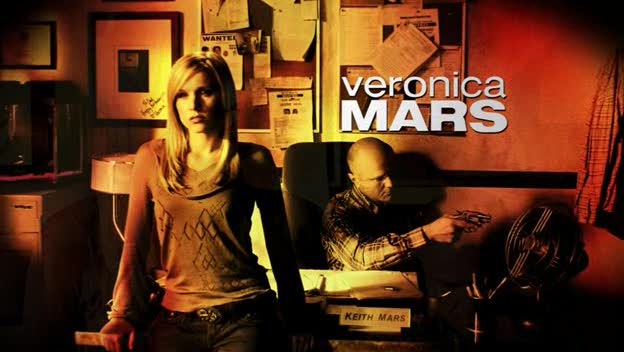


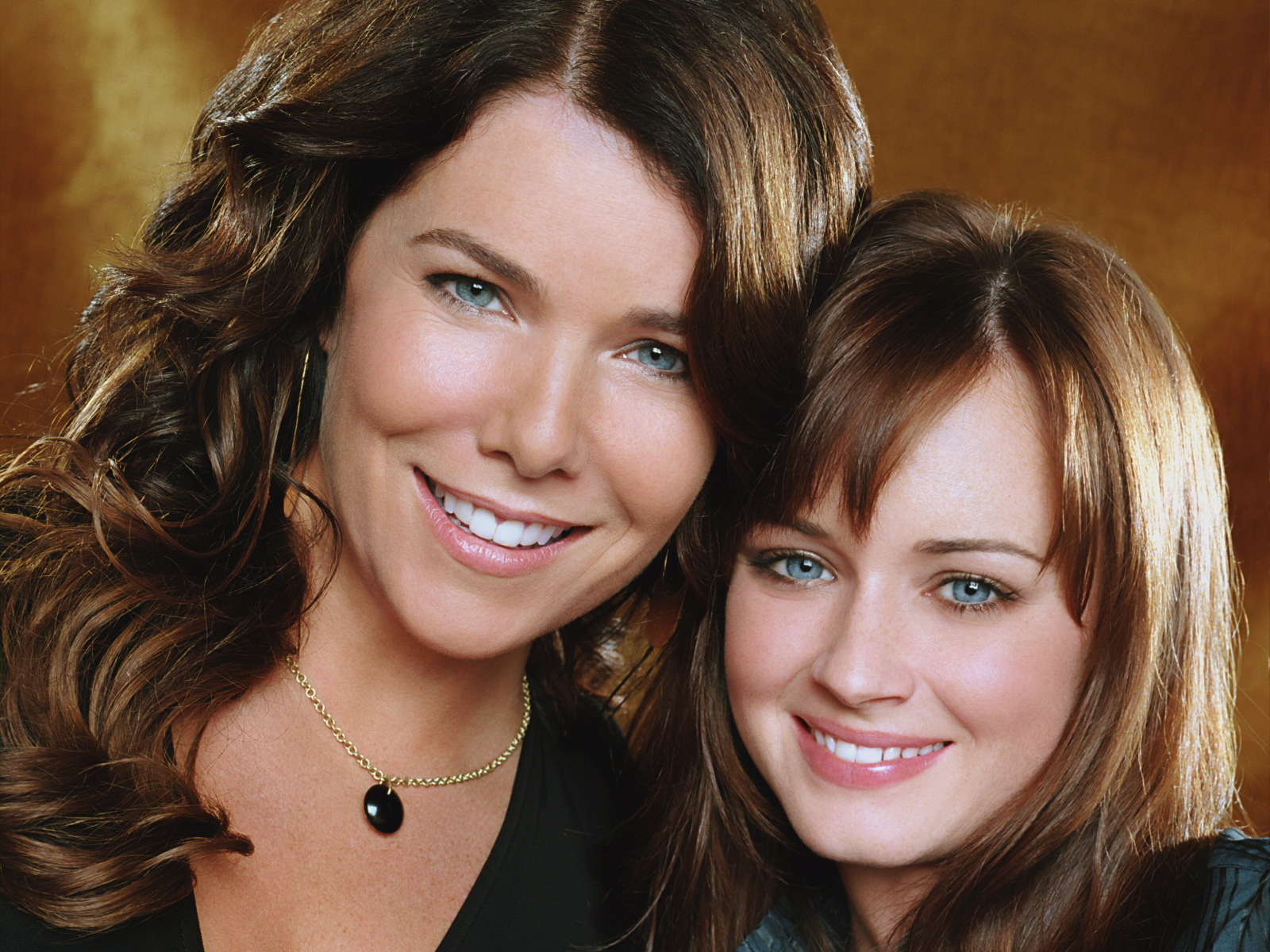

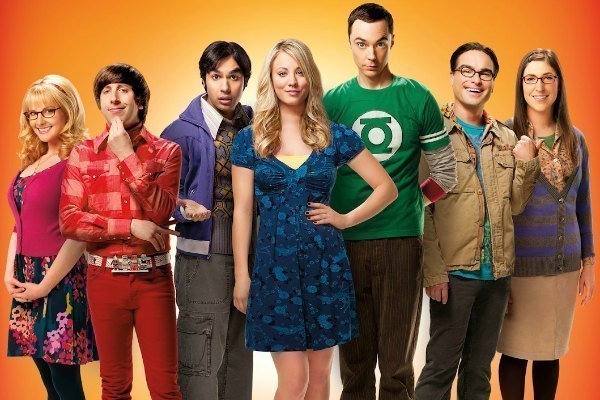
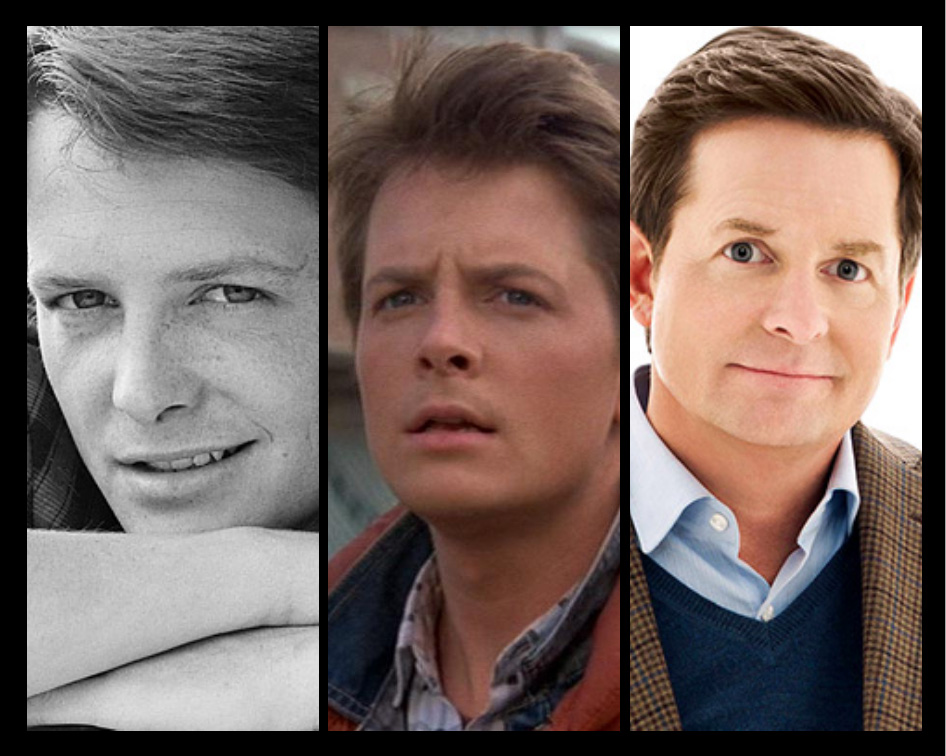

You know how I keep telling you all to watch breaking bad? Its for this exact reason, It knows where it wants to go and doesn’t try to stretch 5 seasons worth of content over 9 seaons. It’s TV perfection.